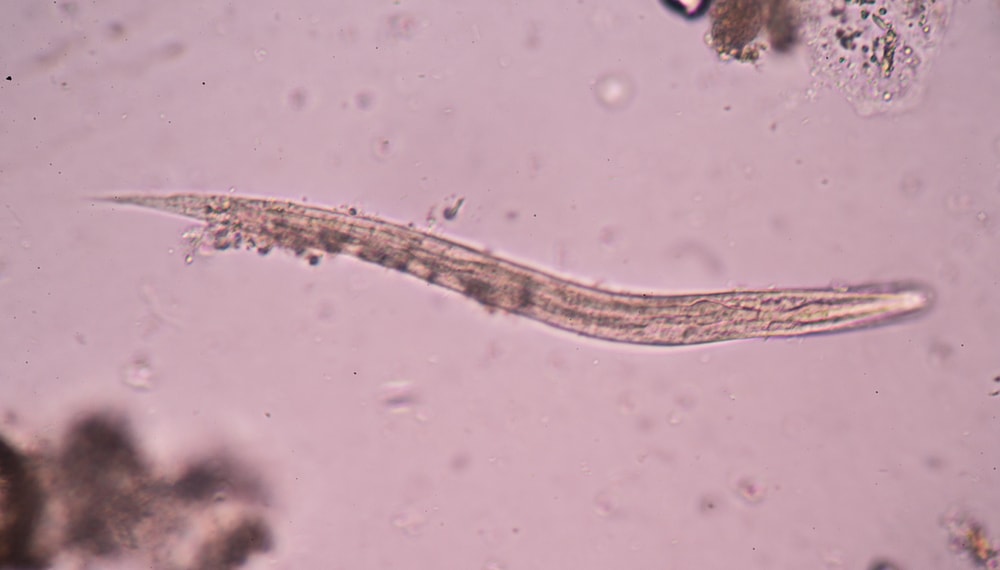Neglected tropical diseases
Neglected tropical diseases (NTDs) are a diverse group of infectious diseases that almost exclusively affect low income populations in settings with inadequate sanitation and limited access to health care. Found in tropical and subtropical climates, these diseases affect billions of people across 149 countries and are responsible for over half a million deaths every year. Moreover, unlike many of the acute infectious diseases in the developed world, NTDs tend to be chronic, disabling, and disfiguring, leading to social marginalization and stigmatization. As a result, NTDs also prevent people from working or receiving an education, which further perpetuates the socioeconomic conditions in which these diseases thrive.
Significant resource commitments are made to combat the emerging and endemic diseases that affect the developed world. In contrast, NTDs remain side-lined in public health priorities, which is illustrated by the fact that only three to four percent of drugs approved between 1975 and 2011 were indicated for NTDs. As a result, a profound gap persists between the global burden of these diseases and the availability of clinical solutions to treat them. The constellation of NTDs has continued to grow since the term was coined in 2003 and none have permanently lost their NTD status.
Diagnostics and vaccines
The failure to control NTDs has in part been a failure to diagnose them. The symptoms of tropical diseases are often insidious and unspecific, meaning that diagnosis is typically not made until the late stages of a disease’s progression. Combined with the fact that diagnostic laboratories are often poorly resourced and struggle to support remote areas, improved diagnostics are essential to better guide treatment, interrupt transmission, carry out basic surveillance, and eliminate disease. But despite increased interest, few such tests have yet to reach the market and existing devices often lack the required accuracy, specificity, and robustness, or are unable to differentiate between past or latent infections.
The best prospect for sustainably controlling NTDs is with safe and effective vaccines. But like diagnostics, vaccines for NTDs have lagged behind, with much of the available funding going to malaria and HIV. Compounding poor financial incentives, formidable scientific hurdles, such as complex genomes, lack of in vitro systems to maintain laboratory pathogens, few suitable animal models, and poor correlates of vaccine protection have also impeded vaccine development.
Access to reagents
The foundations of any effective vaccine or diagnostic are the critical reagents. From small chemicals to large, complex proteins, these components drive the fundamental reactions of medical technologies and ultimately determine their clinical utility. Consequently, access to such reagents is crucial in stimulating research and development. However, with an absence of commercial markets, product pipelines and their basic precursors have dried up in recent years. This is compounded by the fact that reagent sharing in academia is often restricted by material transfer agreements and regulations that impede collaboration with industry. A simple Google search for NTD reagents reveals a lack of proteins, nucleotides, conjugates, and cell lines available for research use. This dearth of reagents creates barriers to research, requiring greater resources and investment in product R&D, and contributes to ever-longer development cycles. Alternatively, if a broad range of high-quality reagents were available, researchers may be more inclined to embark on research projects—especially if materials are validated, well-characterized, and offer a means of reducing experimental error.
While commonly-identified barriers to NTD product development include access to finance or manufacturing capacity, a lack of critical reagents is rarely accounted for. Making these precursors openly available is key to developing effective solutions for NTDs and their scarcity will only further impede progress in this area. As such, funding for ‘open-access’ reagents, improved resource repositories, and increased collaboration with industry will be crucial in stimulating future product development.
Andy Lane, PhD
Andy Lane studied pathobiology at the University of Reading and completed a PhD in antibody immunotherapy at the University of Southampton. He then joined the NHS and led a monoclonal antibody research group working in leukemia and lymphoma diagnostics. Andy subsequently joined a major monoclonal antibody supplier to lead their new product development. More recently, he was executive director at bioconjugation specialists Innova Biosciences before joining The Native Antigen Company as commercial director in 2016.

